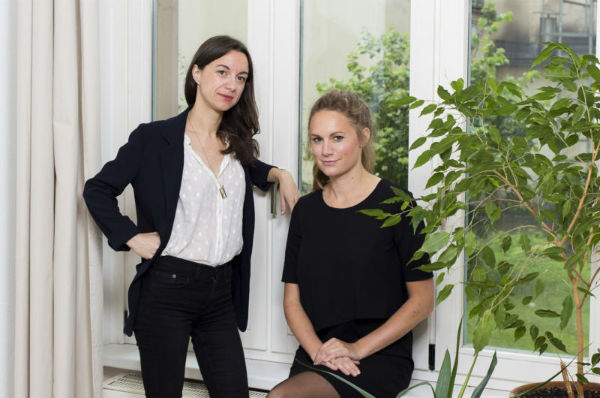Art Fairs
Curators of the 2017 Lofoten Biennale Announced
The territory is gaining geopolitical importance.

The territory is gaining geopolitical importance.

Naomi Rea

The Lofoten International Art Festival (LIAF) Advisory Board has revealed Heidi Ballet and Milena Hoegsberg will curate LIAF 2017.
Run by the North Norwegian Art Center (NNKS) and LIAF’s Artistic Advisory Board, the biennial festival for contemporary art will take place in Lofoten, a cluster of islands off the northern coast of Norway situated just above the Arctic Circle. Since its nascence in 1999, LIAF has acknowledged the complexity of the place, aiming to be a discursive and engaged social platform that welcomes dialogue between the local and the global.
“We are extremely happy to announce Heidi Ballet and Milena Hoegsberg as curators of LIAF 2017. Both have a solid background in developing visually strong and discursive projects. We really look forward to welcoming the world to Lofoten next year!” Helga-Marie Nordby, Chair of the Advisory Board, has said in a statement.
Heidi Ballet is an Belgian independent curator based in Berlin. Currently involved in the curation of the 2016 Satellite series at Jeu de Paume and CAPC in Bordeaux, she is also preparing the research exhibition “The Morality Reflex” that will open at CAC Vilnius in September 2016.
Danish-American Milena Hoegsburg, who will be joining Ballet on the curational team, is the Senior Curator at Henie Onstad Kunstsenter (HOK) in Oslo. She is also the co-curator of “Yayoi Kusama: In Infinity” (2016) and the editor of publications such as Josef Albers: No tricks no twinkling of the eyes (2014), and Bauhaus in Norwegian (2014). At HOK, she initiated curatorial residency A Pendaflex for the Future, archiving historical exhibitions and new curatorial knowledge.
“We are very excited to curate the next edition of LIAF. The exhibition will propose a speculation about the near and distant future of the Lofoten archipelago, based on its position next to the Arctic and considering the fact that this is a territory of growing geopolitical importance,” the pair have said in a statement. “Continued melting of the ice caps in the Arctic will allow unprecedented access to underwater resources and will also open up an alternative shipping route that promises to shorten cargo travel between Hamburg and Shanghai by 30 percent,” they added.
By acknowledging oceanic space as a necessary bridge between trade currents that have historically defined political and economic relations in the world, LIAF aims to move conversation away from a perspective that the pair believes unduly favors land over sea.